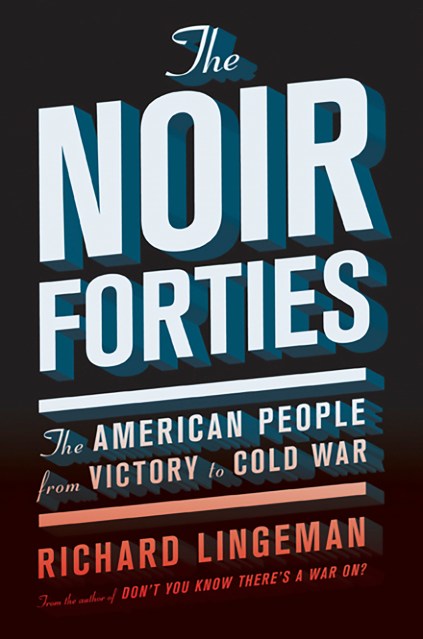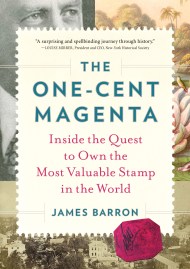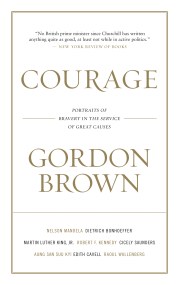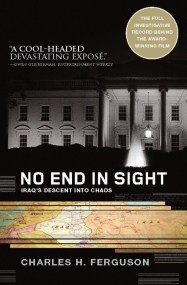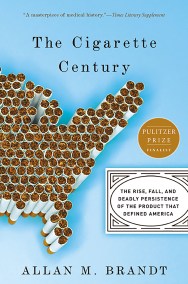Promotion
Use code ARIES25 for 20% off sitewide + free shipping over $35
The Noir Forties
The American People from Victory to Cold War
Contributors
Formats and Prices
Price
$24.99Price
$31.99 CADFormat
Format:
- Trade Paperback $24.99 $31.99 CAD
- ebook $11.99 $15.99 CAD
This item is a preorder. Your payment method will be charged immediately, and the product is expected to ship on or around March 4, 2014. This date is subject to change due to shipping delays beyond our control.
Also available from:
Richard Lingeman examines a brief but momentous and crowded time, the years between VJ Day and the beginning of the Korean War, describing how we got from there to here. It evokes the social and cultural milieu of the late forties, with the vicissitudes of the New Deal Left and Popular Front culture from the end of one hot war and the beginning of the cold one — and, longer term, of a cold war that preoccupied the United States for the next fifty years. It traces the attitudes, sentiments, hopes and fears, prejudices, behavior, and collective dreams and nightmares of the times, as reflected in the media, popular culture, political movements, opinion polls, and sociological and psychological studies of mass beliefs and behavior.
Genre:
-
"A journalist of eclectic accomplishment...Lingeman is at home with his subject.... [E]ngaging."
Washington Independent Review of Books
"[Lingeman] has an interesting mind."
Books & Culture
"[The Noir Forties] does help us understand that time-and our time."
Pittsburgh Post-Gazette
"[S]eamlessly written and stuffed full of original scholarship.... Lingeman beautifully blends the arts and music into his sweeping analysis of the politics of the period. Thus the 'voices of the people'- including artists-are heard here."
U.S. News & World Report
"[E]nlightening.... [Lingeman] excels at portraying the uncertain postwar mood and the way that films noir were uniquely able to capture that mood."
Barnes & Noble Review
"There's a lot of material here and it all flows together seamlessly. This is a great book for buffs of both film and history persuasions."
Library Journal, starred review
"In The Noir Forties, Richard Lingeman offers a vivid reexamination of the cultural, psychological, and political tenor of the 'age of anxiety.' Lingeman powerfully evokes the milieu of the late forties....The Noir Forties captures an incisive slice of American life during a period of quiet but seismic change."
History Book Club -
"By combining a thoughtful exploration of Hollywood's dark vision of a violent and immoral society with a penetrating overview of the nation's shift to the right during the late 1940s, Richard Lingeman helps us understand how the US could abandon its early post-war dream of peace and social justice for the conflict-ridden reality of the Cold War. It's a chilling narrative that speaks all too forcefully to our present grim situation."
Ellen Schrecker, author of Many are the Crimes: McCarthyism in America
"Richard Lingeman's lively and wide-ranging political and cultural survey captures the curious mix of self-confidence, ambition, anxiety, and moral exhaustion that defined the national psyche in the years between VJ-Day and the onset of the Korean War. Lingeman is a sympathetic chronicler of the generation that fought the Second World War. As we say farewell to the last surviving World War II vets in the decade to come, The Noir Forties will keep alive the world they encountered and made in the five years that followed the war, years when they were young and brave and seeking and healing."
Maurice Isserman, professor of history at Hamilton College, author of If I Had a Hammer: The Death of the Old Left and the Birth of the New Left -
"Lingeman attributes [noir] films' popularity to a correlation between these themes and the contemporary national psyche, elegantly using them as an accessible window into the spirit of an era struggling to digest the horrors of war, the dislocations of conversion to a peacetime economy and anxieties about the Soviet Union."
Kirkus Reviews
"[A] candid reappraisal of America's postwar era.... [T]he book's greatest triumph is in its depiction of the gradual change in the American populace's collective journey from the pessimism of the Great Depression, through the hope of a burgeoning postwar middle class, to a climate of fear in the McCarthy era and on into the cold war.... [A]n insightful and illuminating blend of history and cultural criticism."
Publishers Weekly
"Lingeman takes us past the platitudes about 'the Greatest Generation' to chart the painful transition from the collective ethos of the New Deal and wartime unity to the anxieties of the Cold War and a renewed rightwing offensive against working Americans. Compelling and enlightening."
Stephanie Coontz, author of A Strange Stirring: The Feminine Mystique and American Women at the Dawn of the 1960s -
"This is an astonishing creation, a poignant, beautifully written history and memoir of a forgotten era. Richard Lingeman aptly calls it the Noir Forties, and his stylish prose blends the personal with delightful vignettes of American culture and politics. It is an elite brand of people's history. Lingeman's is a voice from the foxhole, soft-spoken and gentlemanly, but no less biting and acerbic than H.L. Mencken's."
Kai Bird, Pulitzer Prize-winning biographer and journalist. Co-author with Martin J. Sherwin of American Prometheus: The Triumph and Tragedy of J. Robert Oppenheimer
"Reading Richard R. Lingeman's masterful account of how America moved from its hottest to its coldest war, is more fun than going to the movies. Part memoir, part cultural, political and social history, his penetrating look at the post-war years through the lens of the noir films of the forties, is wholly original, a literary coup."
Victor S. Navasky, Publisher Emeritus of The Nation and author of Naming Names and The Art of Controversy -
"Lingeman's discussion of films is never less than interesting, and he understands the paradox of a politically repressive period leading to some of the most inventive films ever made.... Along with movies, The Noir Forties contains fine summaries of other arts-Lingeman is especially good on the exuberant mishmash of populist forms of music that emerged after the war."
New York Times Book Review
"When I skimmed through the pages, I began to relax-and felt enchanted. It was another world. Lingeman evokes a mood, place, time, and a feeling that only someone who'd been there can. Incredible writing....Remarkable insight. Thank you for giving the world this gift."
Oliver Stone, Academy Award-winning film director, screenwriter, and producer
"Lingeman's writing is clear and readable.... Both lovers of film noir and fans of social and cultural history will find this an excellent read."
Portland Book Review
"The Noir Forties is a rather eclectic book which employs elements of autobiography, history, and cultural studies.... [A] provocative book."
History News Network
"[A]n innovative fusion of autobiography and conventional history against a backdrop of noir."
Columbia Journalism Review
"[A] richly textured and deeply felt book."
Los Angeles Review of Books
- On Sale
- Mar 4, 2014
- Page Count
- 432 pages
- Publisher
- Bold Type Books
- ISBN-13
- 9781568589503
Newsletter Signup
By clicking ‘Sign Up,’ I acknowledge that I have read and agree to Hachette Book Group’s Privacy Policy and Terms of Use





